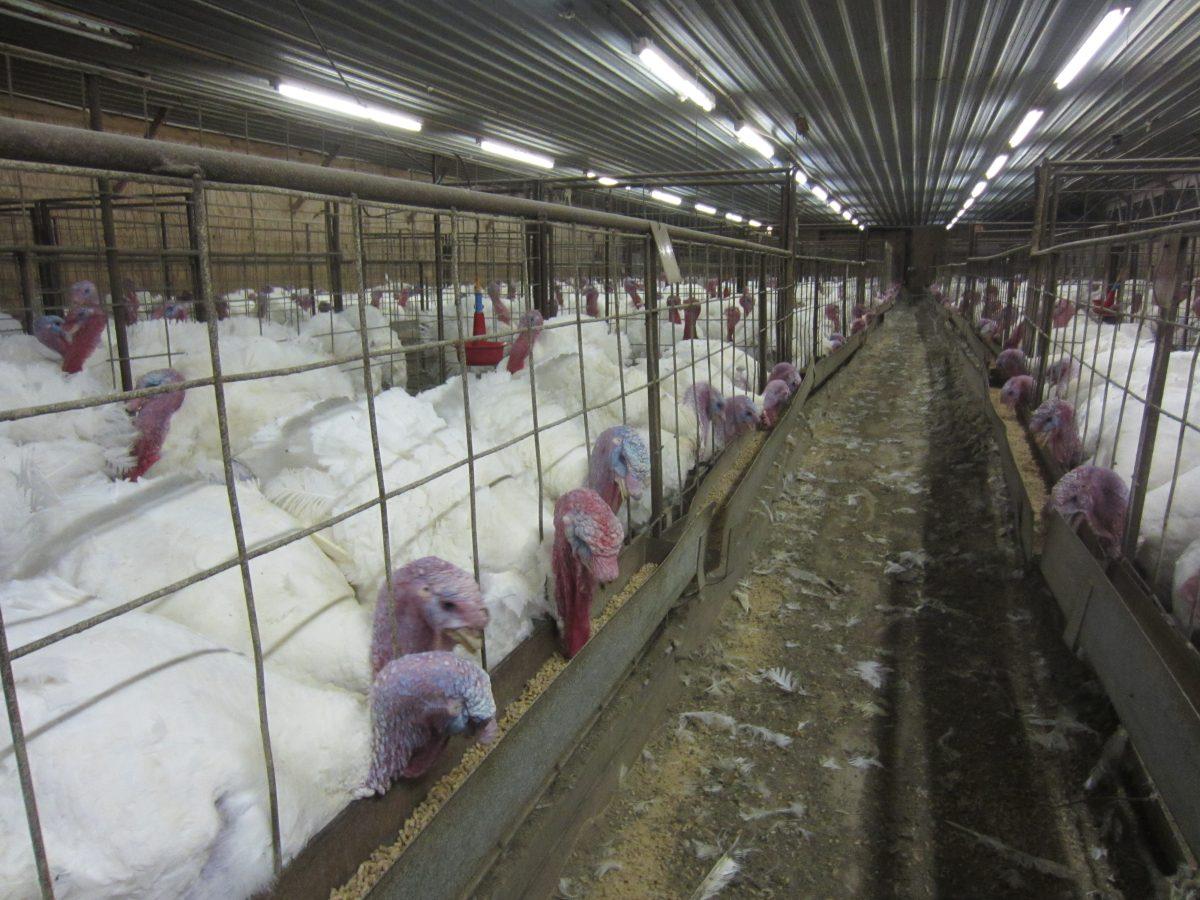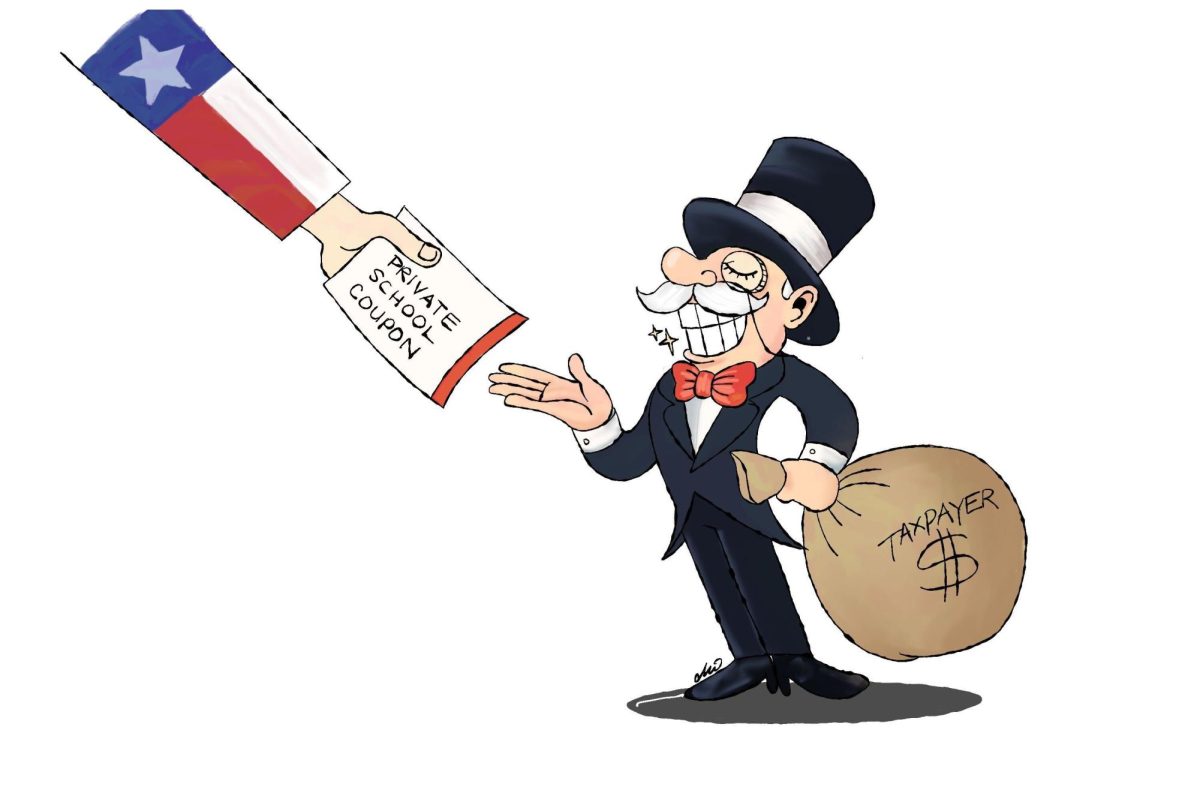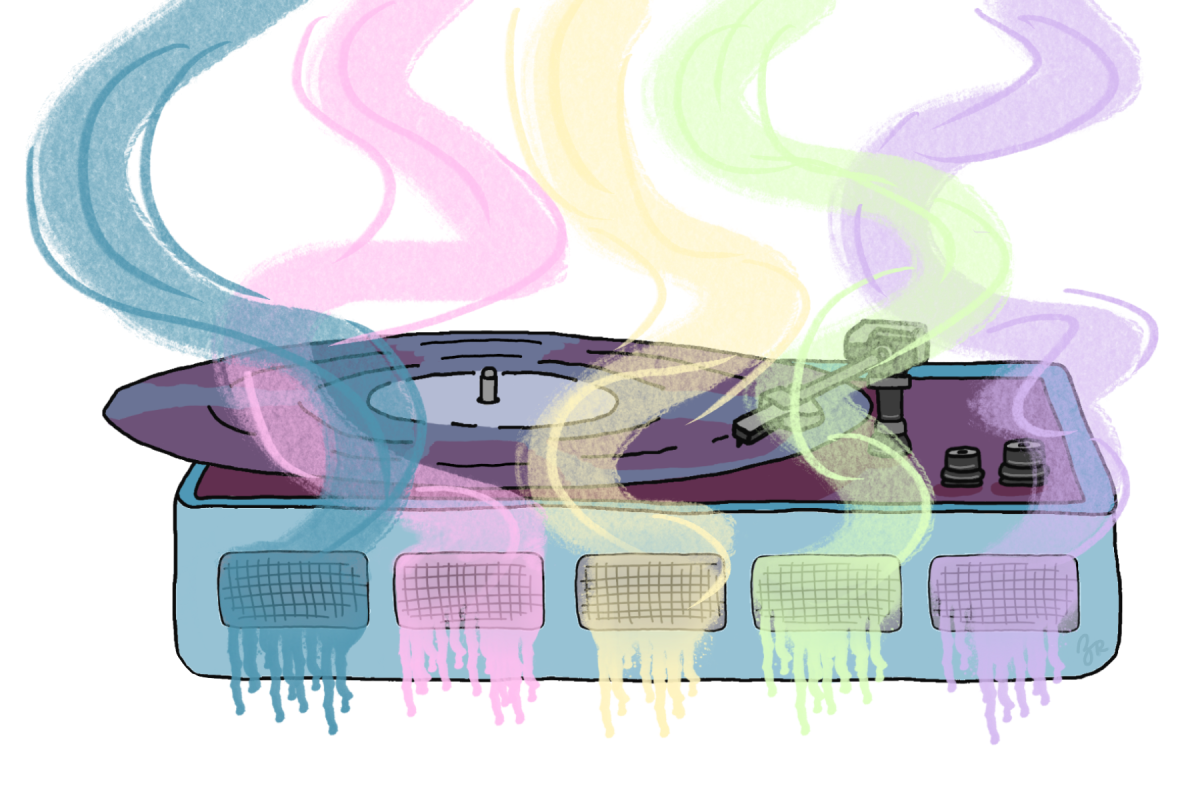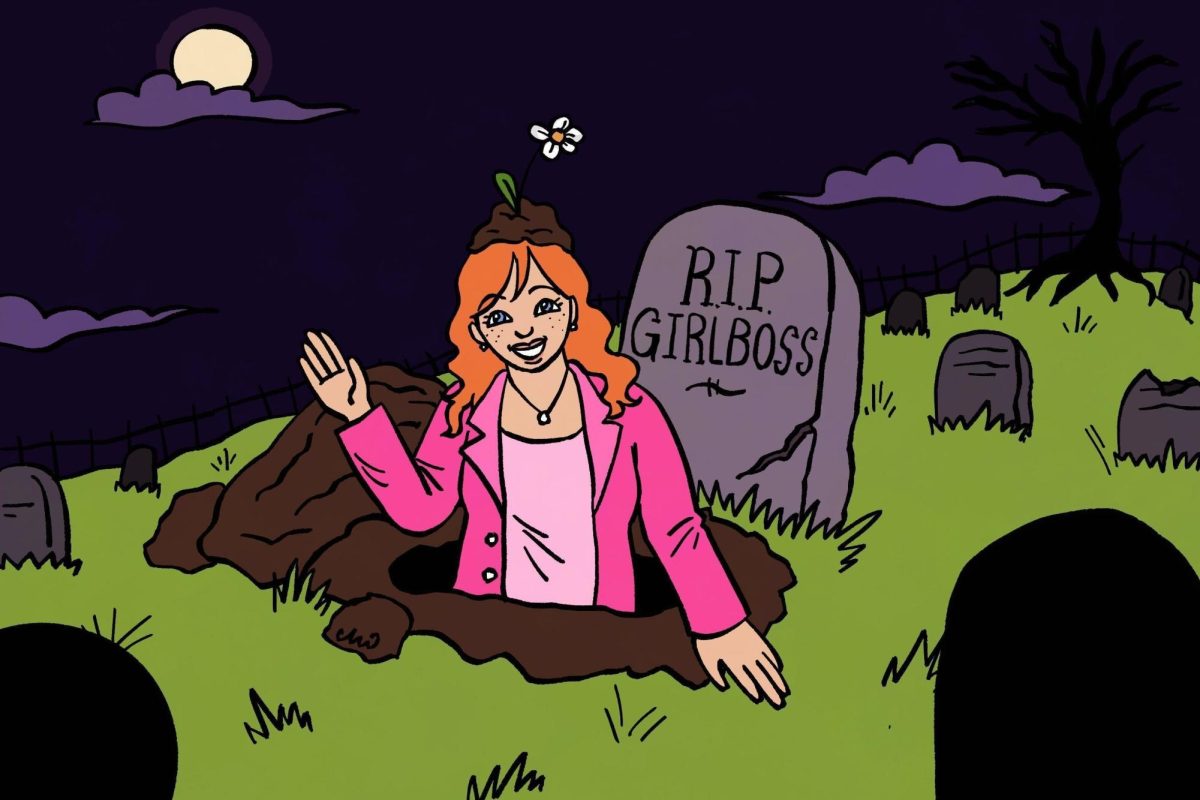Humans and animals have had a very close and sometimes one-sided relationship throughout the history of our civilization. Along with companionship, entertainment and manual labor, we eat a lot of them — as many as 72 billion a year. But as civilization has ramped up its need for meat, we have unknowingly created a ticking time bomb. The human population is now nearing eight billion. Increases in wealth and accessibility have led to humans eating three times as much meat as they did 50 years ago.
Most extremely virulent human diseases can be traced back to animals. I’m sure everyone remembers the swine flu and bird flu epidemics. Now we have COVID-19, whose origins are not entirely exact yet. We are confident it’s zoonotic and can be passed between several different kinds of animals. COVID-19 likely originated in bats before finding one or several intermediate hosts and eventually infecting humans. Six out of 10 infectious diseases come from animals. Influenza or “the flu” possibly originated in ducks a few thousand years ago. The source of the 1918 Spanish flu that killed 50 million and infected one-third of the world’s population was avian, possibly from the poultry industry.
Today’s factory farms can house thousands of animals in a single location. These massive industrial facilities supply more than 90 percent of meat globally, around 99 percent of which is eaten by Americans. Billions of animals are born into, live and die in the factory farm industry every year. Animals here live in cramped close quarters, often inches away from each other on every side. The conditions are stressful and unhygienic for both animals and those who work there. For the animals, farmers administer antibiotics liberally, contributing to the crisis that antibiotic-resistant bacteria may pose in the future. The low genetic diversity of animals bred for mass meat production also encourages virus and bacteria spread, turning factory farms into one giant petri dish for new diseases.
In real-time, we have seen the role factory farming has played in the creation and spread of diseases, including H1N1, H5N1 and others. The Food and Agriculture Organization of the United Nations has recognized the dangers of factory farming in a statement saying, “Livestock health is the weakest link in our global health chain. Disease must be addressed at its source — particularly in animals.” For something like H5N1 with a 60 percent mortality rate, all it would take is a couple of wrong mutations to cause something we haven’t seen since the Black Plague. The world, especially America, has shown it can’t be trusted to keep a pandemic in check. Suppose something was to emerge with a high infection rate and a fatality rate higher than the survivability rate. In that case, there may be no stopping it.
I know for most people, living through COVID-19 has been exhausting. The pandemic has socially isolated many for months. We’re more socially strained and divided than ever. Our economy has crashed, leading to some of the highest unemployment rates since the Great Depression. The only thing keeping millions off the streets is an eviction moratorium. Even then, in places like Houston, we still saw over 9,000 eviction cases filed during the pandemic. Now, imagine the chaos and disorder that a pandemic like COVID-19 but with a higher mortality rate might cause.
As long as you haven’t run away from your computer screaming or left to start doomsday prepping yet, I would like to say I do have hope. As a species, we have been capable of miraculous change, and I think we can prevent catastrophe by acting preemptively. Attending a university that has such an intertwined history with husbandry and horticulture, many Aggies agree we can do better for a variety of reasons: health, ethics, sustainability and others. That kind of thinking led researchers like Norman Borlaug — a former A&M professor and father of the Green Revolution — to become pioneers in agriculture. When things haven’t worked as well as they should, we have had to innovate and adapt. Factory farming is a hurdle we must overcome. I hope that we, as Aggies, can honor our legacy by making the change and contributing to a safer, cleaner world.
COVID-19 should make us rethink factory farming
September 22, 2020
Photo by Creative Commons
Factory Farms
0
Donate to The Battalion
$1915
$5000
Contributed
Our Goal
Your donation will support the student journalists of Texas A&M University - College Station. Your contribution will allow us to purchase equipment and cover our annual website hosting costs, in addition to paying freelance staffers for their work, travel costs for coverage and more!










